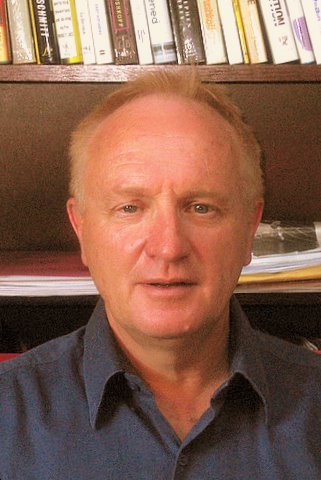Creative Recognition and How It Works - Chairman's Message for December 2010
 Wednesday, December 1, 2010 at 10:01PM
Wednesday, December 1, 2010 at 10:01PM It is difficult to know how you are doing in your particular profession when you are working in creativity and innovation. Creativity in whatever endeavour or context is ruled by small continual loops of perception, judgment and reflection. It is not until you create a body of work in whatever practice or context over a period of time that you, as a creator, gain distance from your work. Even then you begin to wonder whether the work has any immediate or long term value or has made meaningful connections or sense with or for others. As a creator, it is not you who judges the effectiveness and quality of your work, it’s others. So, against this backdrop, it was very nice to suddenly be approached by IBM saying I had been selected to be one of the 100 IBM Global Creative Leaders and would I be happy to participate in their on going global study on human capital management coming off the back of their 2010 Global CEO Global Study - Capitalising on Complexity: Creative Leadership is the Way To Go!
 IBM,
IBM,  behaviors,
behaviors,  creative leadership,
creative leadership,  creativity,
creativity,  malcolm mclaren in
malcolm mclaren in  Creative Leadership
Creative Leadership 

